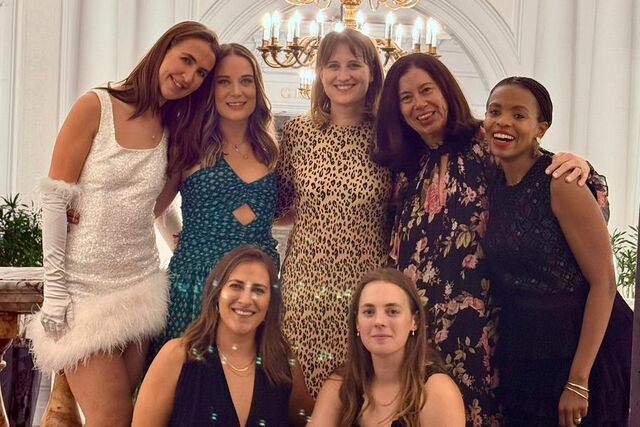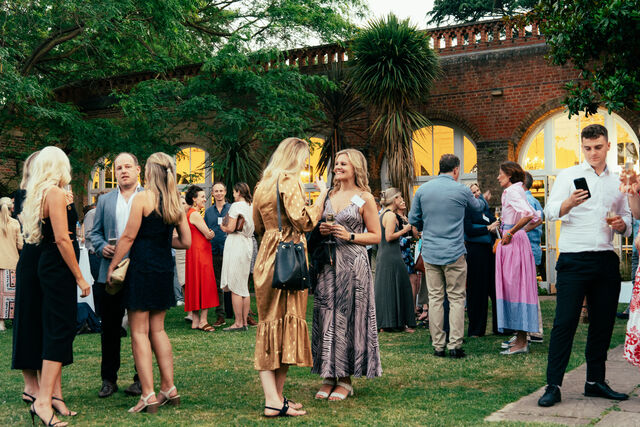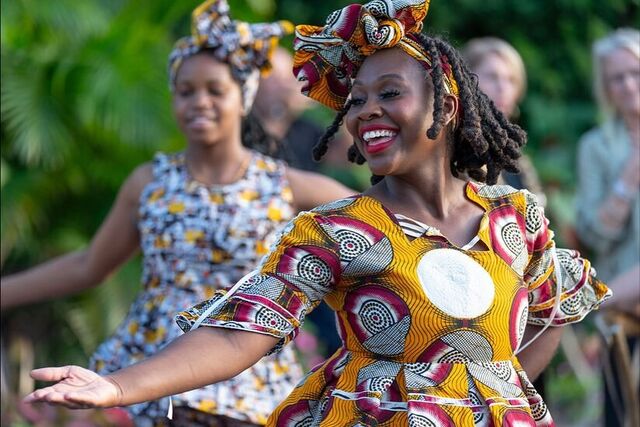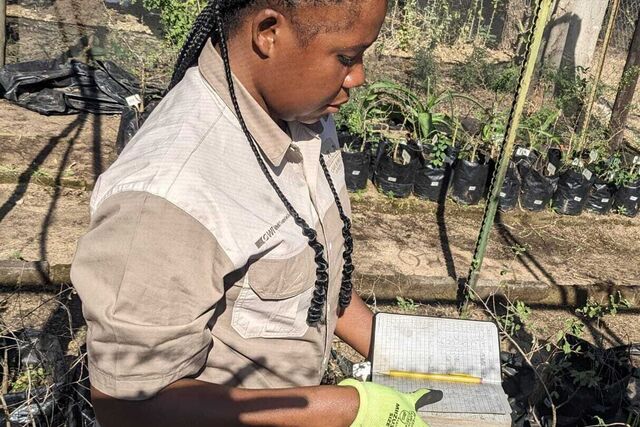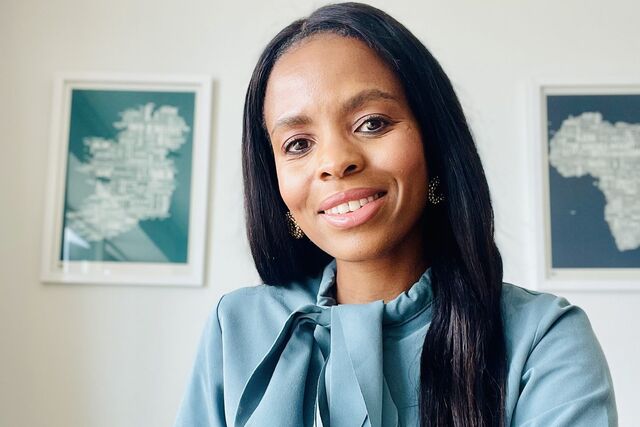Three “thought offerings” from a beautiful South African woman
Our formidable Hazyview Digital Learning Centre Campus Manager, Linky Nkuna, shares 3 ‘thought offerings’ that have helped guide her path.
1: I would rather have a voice than “fit in”
In most rural places men are regarded as “natural born leaders”. This myth has made it challenging for women – like me – to step into leadership positions.
I once attended a meeting with Dave Varty and members of the Justicia Community Development Forum (CDF). As everyone was arriving, I saw that there were women among the men: I remember thinking: “I am not going to be the only woman in this meeting”. I was relieved. I was also proud that my village’s CDF was inclusive.
Before the meeting officially started, a lady asked everyone to close their eyes and she prayed. The meeting was now opened and blessed and so it continued.
I waited to hear the women’s voices; their opinions, ideas and views, but none came. Not a single one said a thing about the matter that was being discussed. I realised that the women’s role in the meeting was to pray, at the beginning and at the end of the meeting. That was how they contributed. It felt like there was an unspoken agreement that prevented the ladies from speaking out. I was the only woman who spoke but I was aware of the voice in my head telling me to be polite, to be gentle, and to not come across as offensive.
I wanted to fit in, I wanted to be like the other women in the room. After all they were my mothers, aunts, sisters and grandmothers. I attended a couple more such meetings and the results were as before but I noticed that something inside me was different this time. I realised that I have a voice, it’s loud, and it is clear and ready to be heard.
It is fair to say I have been speaking more since then, especially when it comes to issues that matter to me.
2: i must love myself first
Society taught me to care too much about people’s opinions of me. Society taught me to never pat myself on the back. To not stand out and be an individual. That I must be like everyone else and be “normal”. Society taught me to wait for someone to compliment me. To tell me how gorgeous, how intelligent, how loving and lovable I am, that only the next person is able to recognise these qualities in me. And I believed society. And so I waited patiently for someone to tell me how amazing, how strong, how brave, how talented, how real, how honest, how funny, how generous, how humbled, how caring and how nurturing I am.
It was quite challenging to recognise and identify these qualities in myself. The sad part was because I was unable to identify these qualities in myself, I was not able to see them in others and so I had nothing to give to others. I could not give what I did not have. As a person in general I was not good at seeing goodness in others and voicing it. I had to learn to do that, to see good in myself first.
The truth is even if someone had walked up to me and said all these things I would not have believed them. They were not the ones I needed to hear these things from. The only person who has the power to make me believe is myself. I need to hear from me. Now I blow my own horn. I am gentle with myself. I have compassion for my thoughts; good and bad. I compliment the young people I work with, tell them how amazing I believe they are in the hope they will do the same for themselves.
I want to live in the world where I am able to recognise the beauty within and give voice to it.
3: Do “the work”
It is now very easy for me to shut down external noise but the internal noises require me to do The Work. I was very fortunate that in March 2019 I went to Ojai, California. I attended a retreat called The School for The Work by Byron Katie. The Work helped me realise that all the challenges I have in my life are there to elevate me; that they are there for me.
I learnt to respect my thoughts, especially stressful ones. I learnt to give them the attention they need, by asking myself four very simple questions every time a painful thought came up: 1) Is it true? 2) Can I absolutely know that it is true? 3) How do I react, what happens when I believe that thought? 4) Who or what would I be without the thought?
I am always amazed by the answers I present to myself after going through this process. I can honestly say that the three challenges that I have had to overcome leading a rural project as a rural woman are me, myself and I.
I am the challenge I must overcome because “I win when I no longer need anyone to be the bad guy in my story.”
